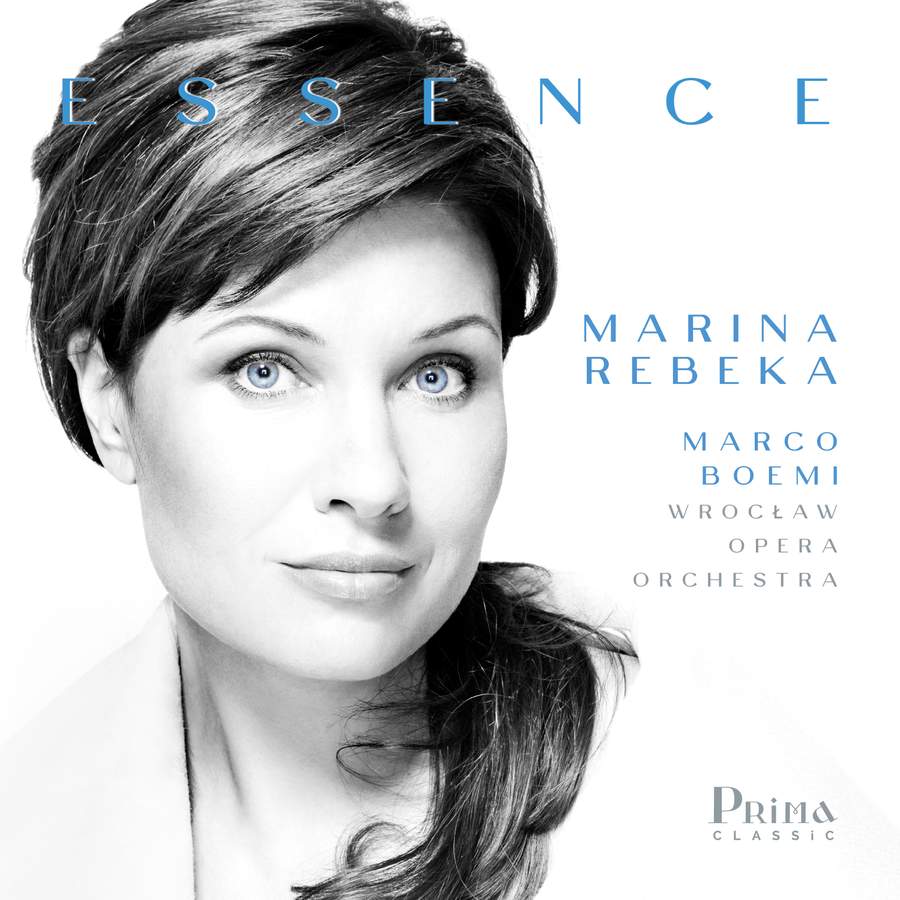Marina Rebeka singt einige der größten Sopran-Arien und sie tut es auf technisch sehr hohem Niveau und mit einer vollauf überzeugenden Stilsicherheit.
Sie mag nicht die Identifikationskraft von Ermonela Jaho haben, aber mit ihrer starken Persönlichkeit beweist sie voll und ganz, was sie kann. Die Stimme ist beweglich und zu Zärtlichkeit wie zu höchster Dramatik fähig.
Die Höhen bewältigt sie genau so mühelos wie die Tiefen. Die Mittellage ist kräftig ausgeprägt, die Dynamik beachtlich, die Mezza voce hervorragend und ihre Gestaltungsmöglichkeiten sind exzellent, wenngleich nicht immer ideal für die Charakterisierungen. Weder ihre Mimi noch ihre Doretta sind optimal, aber in den großen dramatischen Partien Butterfly, Margherita und Maddalena ist sie hervorragend.
Am Ende aber überzeugt das Album vor allem wegen der Qualität des Gesangs per se, der über den gesamten Tonumfang ausgeglichen, farbenreich und beispielhaft kontrolliert ist.
Marina Rebeka sings some of the greatest soprano arias and she does so at a very high technical level and with a completely convincing stylistic confidence.
She may not have the power of identification of Ermonela Jaho, but with her strong personality she fully demonstrates what she is capable of. Her voice is flexible and able to express both tenderness and high drama.
She masters the highs just as effortlessly as the lows. The middle register is strongly pronounced, the dynamics remarkable, the mezza voce outstanding and her creative possibilities are excellent, even if not always ideal for the characterizations. Neither her Mimi nor her Doretta are ideal, but she is outstanding in the great dramatic roles of Butterfly, Margherita and Maddalena.
In the end, however, the album is convincing above all because of the quality of the singing per se, which is balanced, richly colored and exemplarily controlled over the entire range.




















